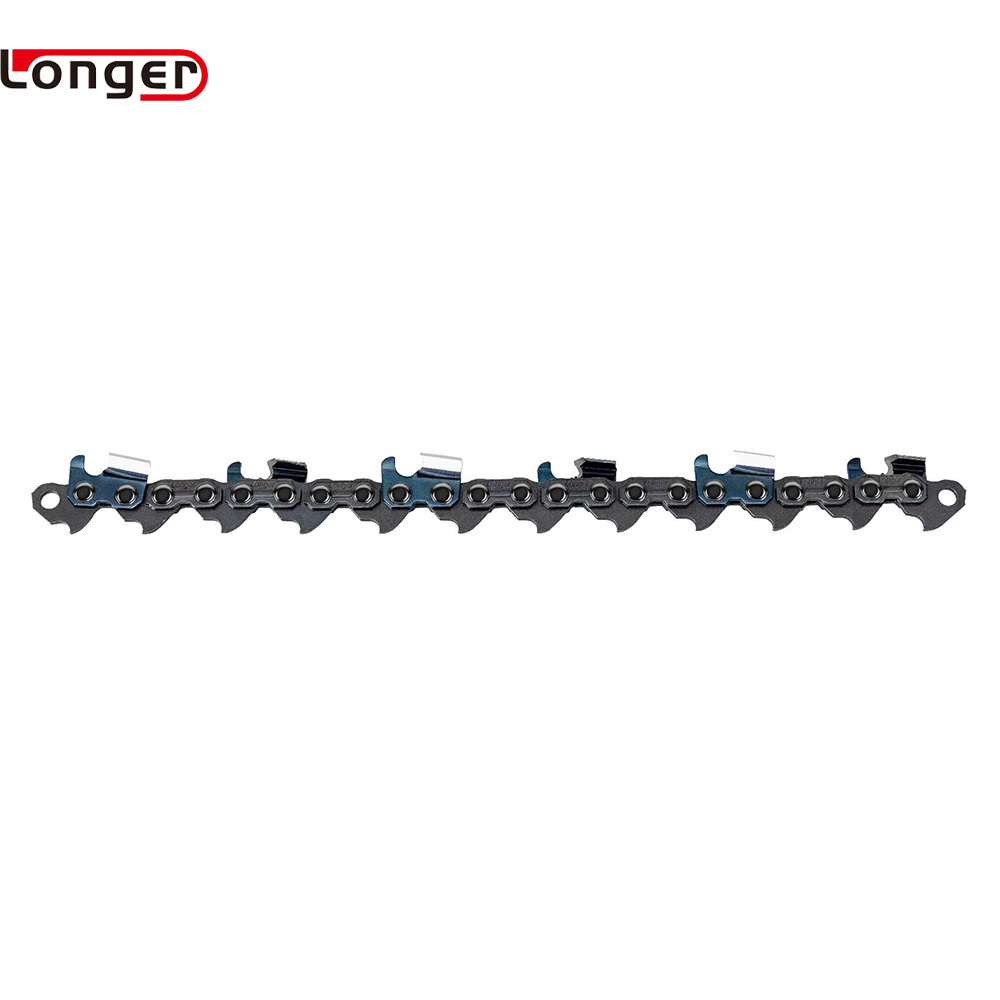Lithium-Ion batteries are used in a wide range of devices from laptops to cell phones. They charge faster and last longer than traditional battery technology.
When charging, the lithium ions are released from the anode and transferred to the cathode material in the electrolyte. This is known as the “shuttle chair” mechanism.
How Lithium-Ion Batteries Work
Lithium-ion batteries power many everyday technologies from cell phones to electric vehicles. They are highly efficient and have high energy storage densities.
They are also lightweight, so they fit into smaller devices easily. However, lithium-ion batteries do have a few drawbacks.
The main one is that they can burn when overheated. That's why they have safety circuits to prevent this.
But if you're not careful, lithium-ion batteries can even explode into flames! They can do this if they get too hot, or if they overcharge.
The best way to avoid this problem is to keep your battery dry when it's not in use. A lithium-ion battery can also deteriorate quickly, so it's best to buy one that comes with some type of warranty or guarantee.
Lithium-Ion Batteries vs. Lithium-Polymer Batteries
Lithium-Ion Batteries have a number of advantages over lithium-polymer batteries, including high energy density and a relatively low cost. These batteries do not require priming when first used and have a very low self-discharge.
However, they can suffer from aging if not used for an extended period of time. This can result in reduced performance and lower battery life.
When choosing which type of battery to use, consider your needs and the size of your device. If your device is small and compact, then a lithium-ion battery may be the best choice for you.
The lithium-polymer battery, on the other hand, is more versatile and can be designed to suit different uses. These batteries also have a low internal resistance, making them more reliable and easier to charge. They are also able to discharge at higher voltages than their liquid-based counterparts. They can be manufactured in a variety of shapes and sizes, making them ideal for mobile devices.
Lithium-Ion Batteries vs. Lead Acid Batteries
The main advantage of lithium batteries is their higher capacity. A 1kg lithium battery can store 29 times more energy than a lead acid battery.
This can help you save money on your power bill. Lithium batteries also charge much faster than lead acid.
However, you need to use the right charger for your battery if you want to keep it in good condition. Lithium-ion batteries can damage charging equipment if they’re connected improperly.
Both lithium and lead acid batteries are safe when used correctly. But it’s important to remember that lithium is a flammable material, so you must always handle them with care.
Lithium-Ion Batteries vs. Nickel Metal Hydride Batteries
Lithium-Ion batteries are being increasingly used for a wide range of applications including small electronic devices, laptops and smartphones. This technology is becoming more and more popular as a result of the wide range of benefits it provides.
One of the main advantages is that it offers a much higher energy density. This makes it ideal for storing energy in devices such as mobile phones that need to run longer between charges.
The cell voltage is 3.6 volts, which is significantly higher than standard nickel cadmium or even lead acid cells at 1.5 volts per cell. This allows battery pack designs to use a single cell, which can simplify power management.
The lithium-ion battery also has a good discharge performance, providing a flat discharge curve that provides effective utilization of the stored power. This is a big advantage over the erratic discharge characteristics of the NiCd, which can lead to frequent recharges.










